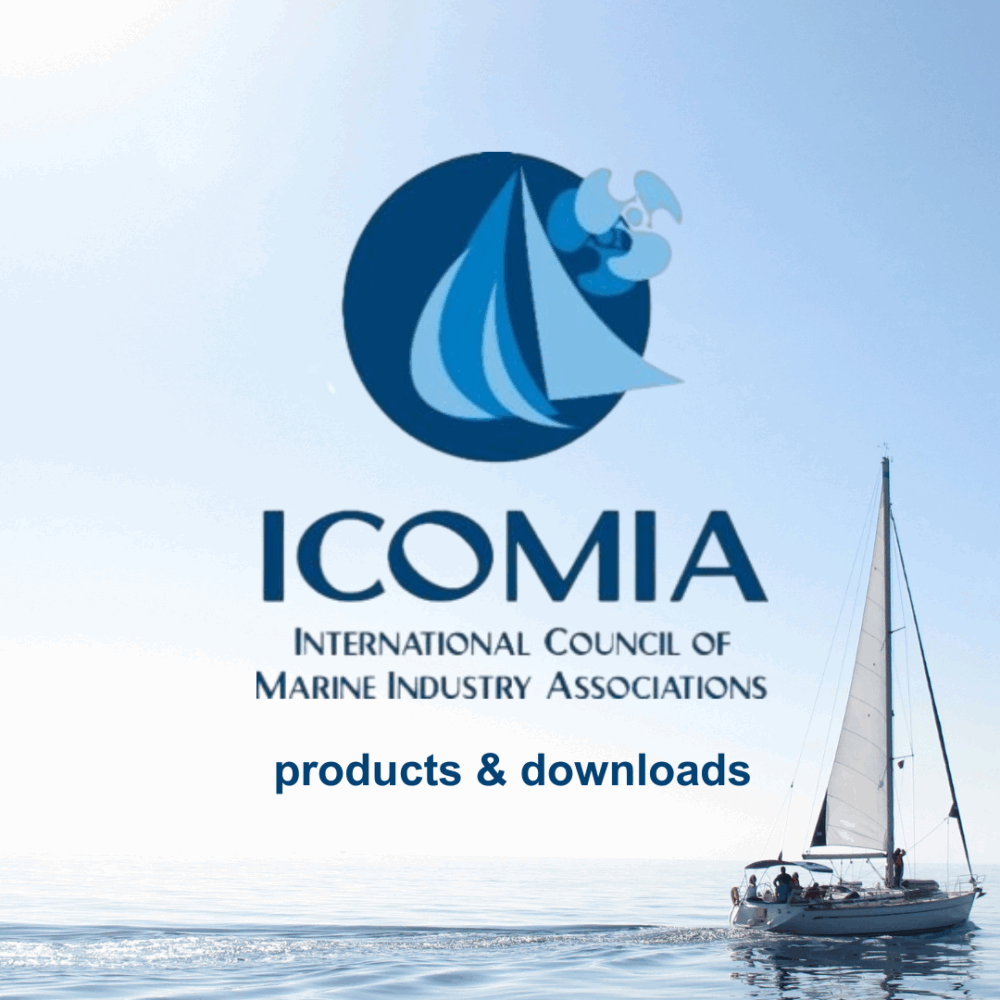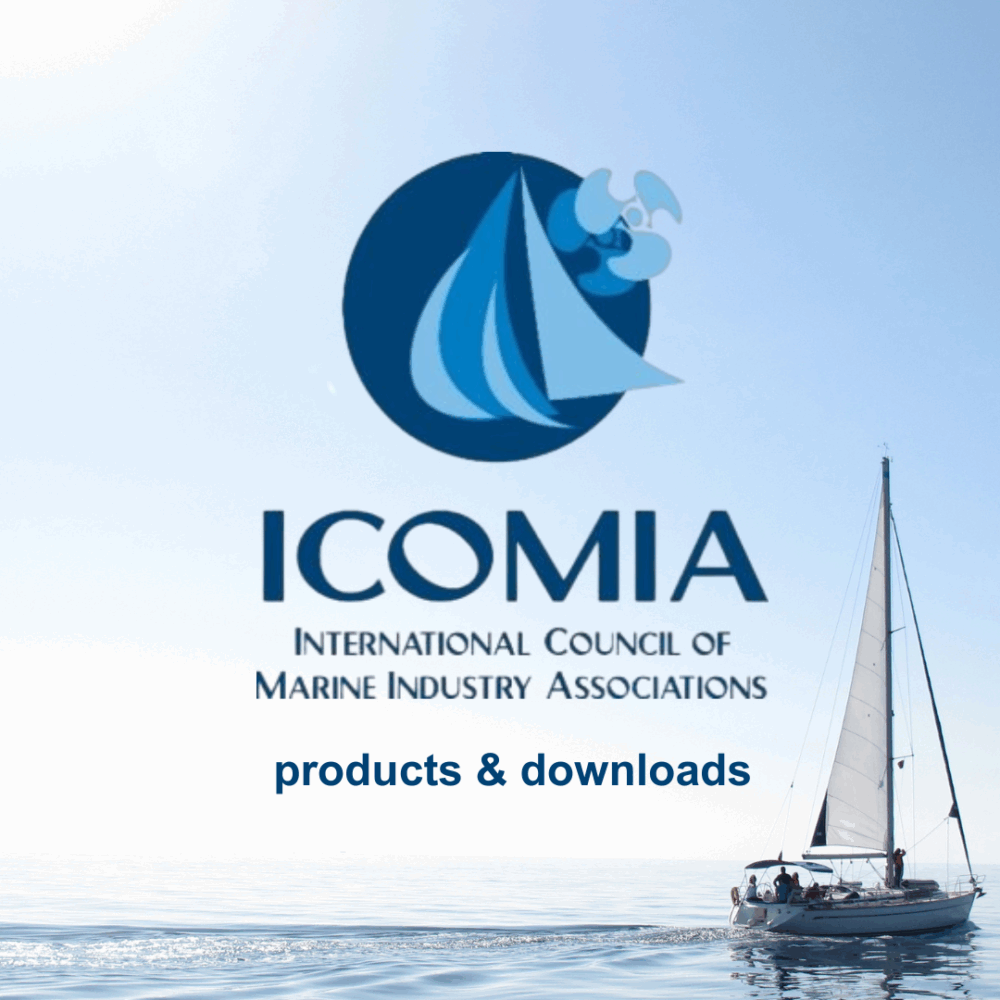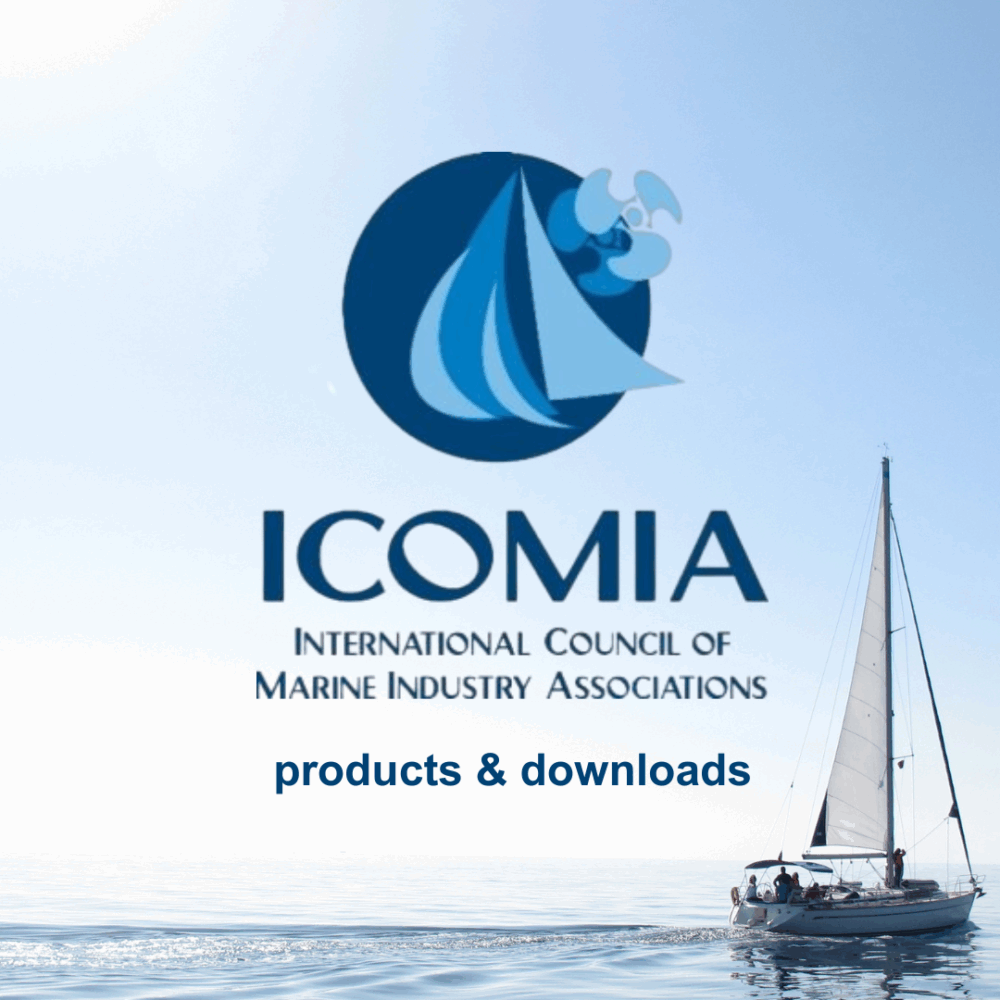The seas are Europe`s lifeblood. Europe`s maritime spaces and its coasts are central to its wellbeing and prosperity – they are Europe`s trade routes, climate regulator, sources of food, energy and resources, and a favoured site for its citizens` residence and recreation. Our interactions with the sea are more intense, more varied, and create more value for Europe than ever before. Yet the strain is showing. We are at a crossroads in our relationship with the oceans.
On the one hand technology and know-how allow us to extract ever more value from the sea, and more and more people flow to Europe`s coasts to benefit from that value. On the other hand, the cumulated effect of all this activity is leading to conflicts of use and to the deterioration of the marine environment that everything else depends on. Europe must respond to this challenge; in a context of rapid globalisation and climate change the urgency is great. The European Commission has recognised this, and launched a comprehensive consultation and analysis of how Europe relates to the sea1. It has triggered a massive response from stakeholders that reveals clearly the enormous potential of the seas, and the scale of the challenge if we are to realise that potential sustainably.
It has also provided a wealth of ideas as to how Europe can rise to meet this challenge. Building on this valuable input the Commission proposes an Integrated Maritime Policy for the European Union, based on the clear recognition that all matters relating to Europe`s oceans and seas are interlinked, and that sea-related policies must develop in a joined-up way if we are to reap the desired results. This integrated, inter-sectoral approach was strongly endorsed by all stakeholders. Applying it will require reinforced cooperation and effective coordination of all sea-related policies at the different decision-making levels.
An Integrated Maritime Policy will enhance Europe`s capacity to face the challenges of globalisation and competitiveness, climate change, degradation of the marine environment, maritime safety and security, and energy security and sustainability. It must be based on excellence in marine research, technology and innovation, and will be anchored in the Lisbon agenda for jobs and growth, and the Gothenburg agenda for sustainability.



